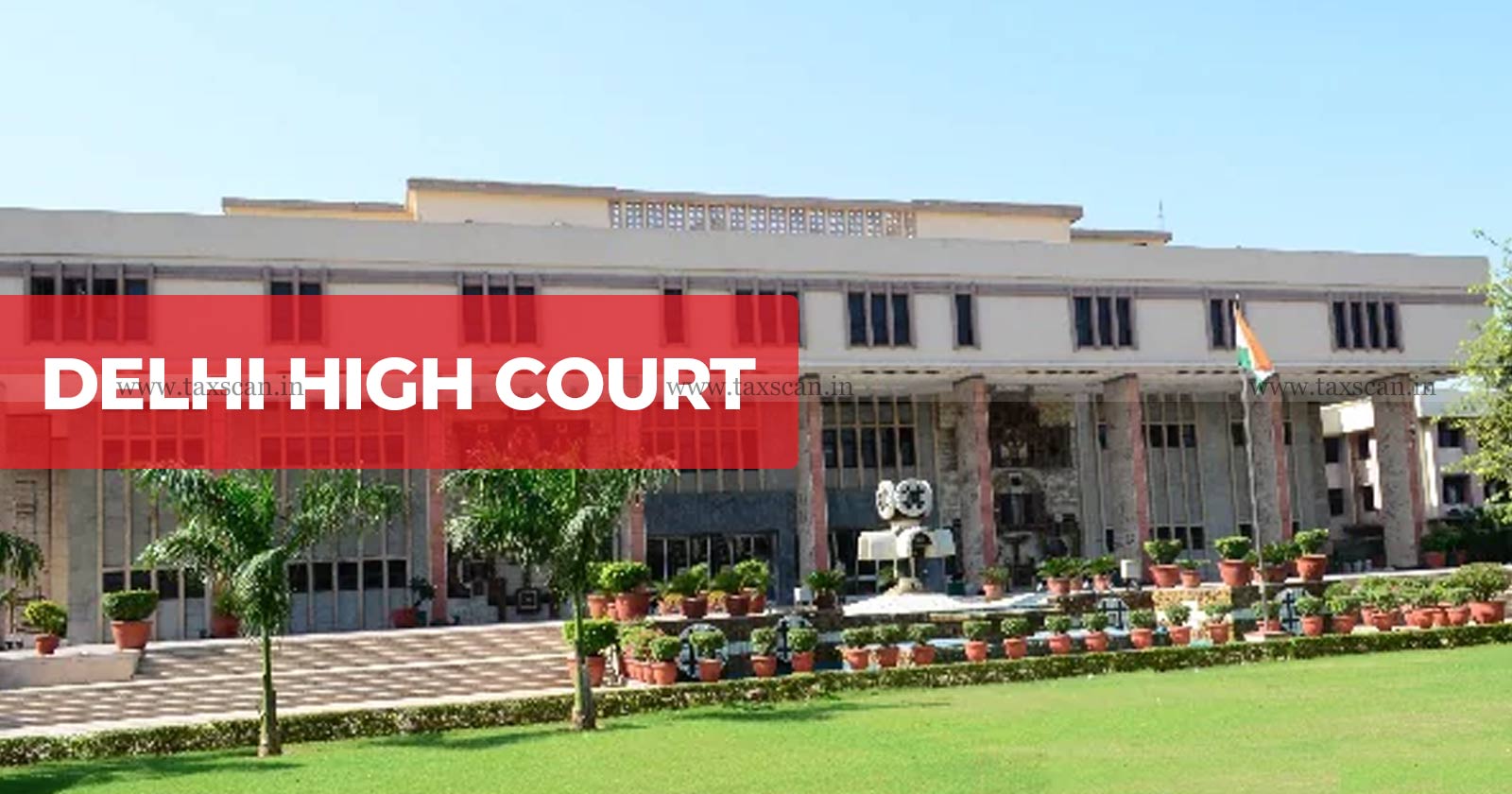Delhi HC upholds Section 14A Disallowance in rejection of Retrospective Application of 2022 Amendment [Read Order]
Delhi HC upholds Tribunal Ruling on Section 14A and rejects retrospective application of 2022 Amendment

Delhi High Court – Delhi HC – Section 14A Disallowance – Retrospective Application – 2022 Amendment – taxscan
Delhi High Court – Delhi HC – Section 14A Disallowance – Retrospective Application – 2022 Amendment – taxscan
In a recent ruling, the Delhi High Court dismissed the appeals and denied the retrospective application of the amendment made to the Finance Act, 2022.
In this case, the two appeals have been filed by the Principal Commissioner of Income Tax. The petitioner department has challenged the Tribunal's view that disallowance under Section 14A of the Income Tax Act, 1961 should be limited to the extent of exempt income earned during the year.
The counsels appearing for the petitioner contended that the Tribunal erred in its interpretation of Section 14A of the Income Tax Act, stating that expenditure cannot be bifurcated irrespective of whether any exempt income is earned or not in a fiscal year.
Essential Training for Tax Professionals: Know Your Sections!
An amendment was made to Section 14A of the Income Tax Act, 1961, by virtue of the Finance Act, 2022.
The bench observed that Section 14A mandates that no deduction is allowed for expenses incurred to earn income that is exempt from being part of total income under the Act. The bench further observed that Section 14A prevents assessees from claiming deductions on expenses related to exempt income. It was introduced to stop the misuse of tax incentives, where assessees benefited from both exempt income and deductions, reducing tax on non-exempt income.
The bench was of the opinion that for the invocation of Section 14A of the Income Tax Act, the presence of exempt income is thus a sin qua non.
The counsel for the appellants contended that the explanation to Section 14A of the Income Tax Act introduced by the 2022 Act effective from April 1, 2022, is clarificatory in nature and is applicable to the current appeals. It was suggested by the counsel that it applies to past assessment years, including those in the present appeals.
Essential Training for Tax Professionals: Know Your Sections!
The bench relied on the memorandum explaining the provisions of the Finance Bill, 2022 which states that “This amendment will take effect from 1st April, 2022, and will accordingly apply in relation to the assessment year 2022-23 and subsequent assessment years.”.
Thus, the Delhi High Court bench consisting of Justice Yashwant Varma and Justice Ravinder Dudeja dismissed the appeals and rejected the retrospective application of the 2022 amendment.
To Read the full text of the Order CLICK HERE
Support our journalism by subscribing to Taxscan premium. Follow us on Telegram for quick updates


